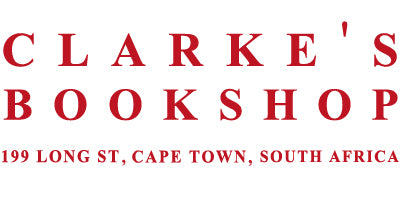QUEERING BLACK ATLANTIC RELIGIONS, transcorporeality in Candomblé, Santeria, and Vodou
284pp., illus., paperback, Durham, 2019
"Strongman’s contribution is an innovative deployment of cultural studies that looks at art, performance, film, and literature to research the religiosity of African diaspora communities in Latin America and the Caribbean... The work is ultimately an important and sophisticated addition to the growing consideration of the transnational aesthetics that interconnect different kinds of queerness, blackness, and spirituality in the Americas." Solimar Otero, Journal of Folklore Research
“Queering Black Atlantic Religions provides a new theoretical language for the fields of African diasporic religions and gender and sexuality studies, all the while setting a new standard in comparative literary and cultural studies in the twenty-first century. Using an eclectic and unique cultural studies methodology, displaying proficiency in half a dozen languages, and having field work experience in a similarly impressive number of research sites, Strongman provides an advanced exploration of the creolized religions of the greater Caribbean cultural zone.” Carole Boyce Davies, Professor of Africana Studies and English, Cornell University
“Queering Black Atlantic Religions closely reads an astonishingly circum-Atlantic and polyglot array of canonical films, paintings, photographs, novels, and ethnographies through the lens of the Afro-Atlantic religions of spirit possession. Roberto Strongman revisits the theme that these religions disrupt the conventional binaries of Western gender identity and apprehend the self through metaphors of horsemanship and vessels occupied by spirits as multiple as they are mobile. He also shows that, while many Latin American and European artists, authors, and critics have exploited the image of the black to liberate themselves from their native cultural constraints, they often come to internalize Afro-Atlantic spirits and configurations of the self.” J. Lorand Matory, Lawrence Richardson Professor of Cultural Anthropology and African and African American Studies, Duke University
Roberto Strongman is Associate Professor of Comparative Caribbean Cultural Studies at the University of California, Santa Barbara.

